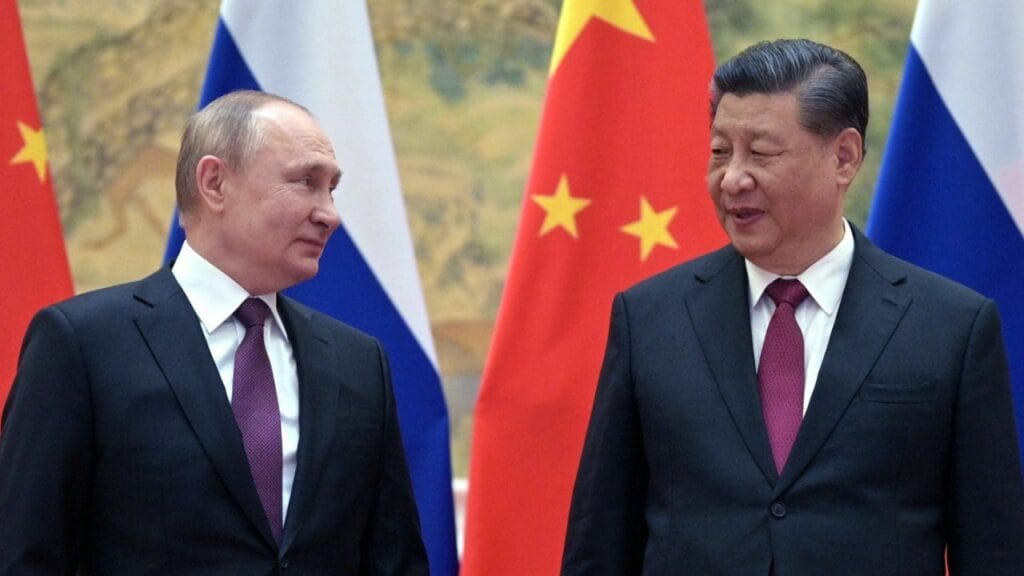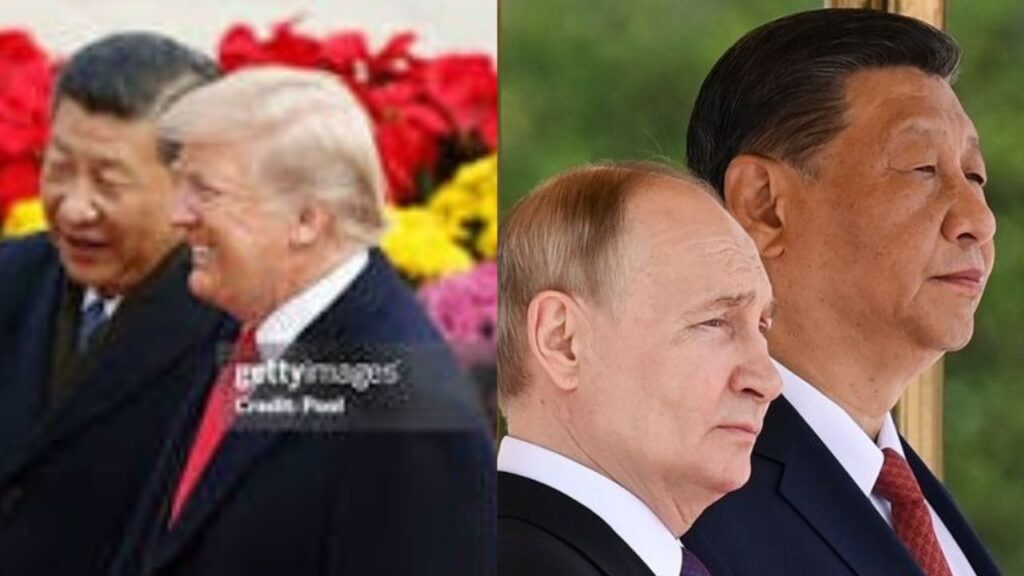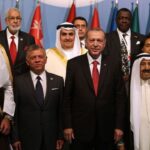Chinese President Xi Jinping expressed satisfaction with ongoing diplomatic channels between the United States and Russia during a Friday telephone conversation with President Vladimir Putin, according to China’s state television network CCTV.
The call underscored Beijing’s position as a mediator in global conflicts, with Xi reiterating China’s dedication to facilitating negotiations between Moscow and Kyiv to resolve the Ukraine crisis.
During their discussion, Xi emphasized the importance of maintaining communication lines between major powers, even amid significant political tensions. His comments reflect China’s broader diplomatic strategy of positioning itself as a stabilizing force in international relations while maintaining strategic partnerships with both Russia and pursuing economic ties with Western nations.
The Chinese leader’s remarks come at a time when US-Russia relations remain strained over multiple issues, including the ongoing conflict in Ukraine, arms control agreements, and broader geopolitical competition. China’s role as an intermediary has become increasingly significant as traditional Western-led diplomatic efforts have faced obstacles.
Xi’s commitment to promoting Ukraine peace talks aligns with China’s previously stated position of supporting diplomatic solutions to international conflicts. However, critics have questioned Beijing’s neutrality given its strengthened economic and political ties with Moscow since the conflict began.

The phone call represents part of regular high-level communications between the Chinese and Russian leaders, who have maintained close personal and professional relationships. Both nations have faced Western sanctions and diplomatic pressure, leading to deeper cooperation in trade, energy, and strategic partnerships.
This latest diplomatic exchange highlights China’s continued effort to balance its relationships with major powers while advocating for peaceful conflict resolution through dialogue and negotiation rather than military intervention.






